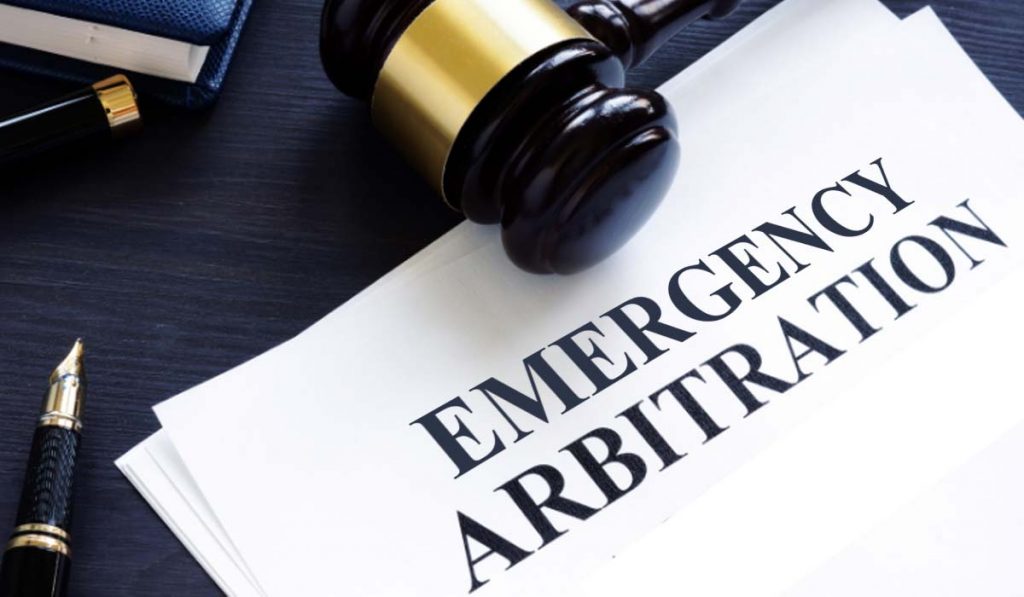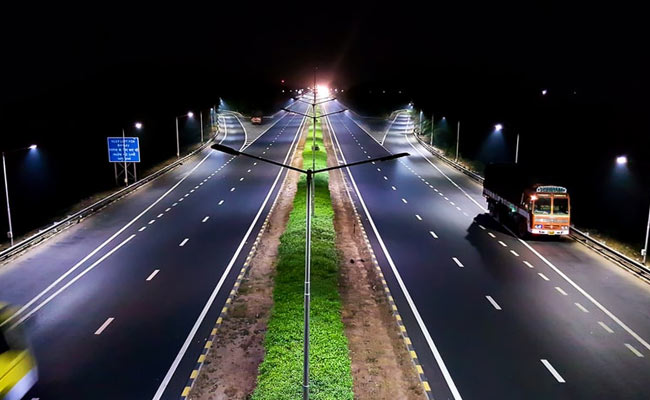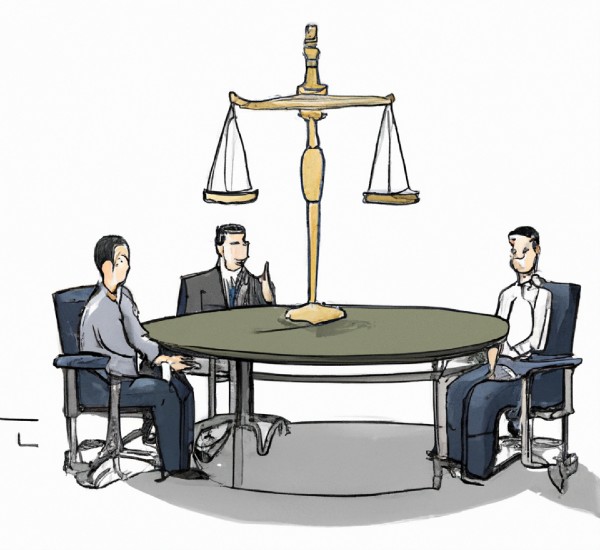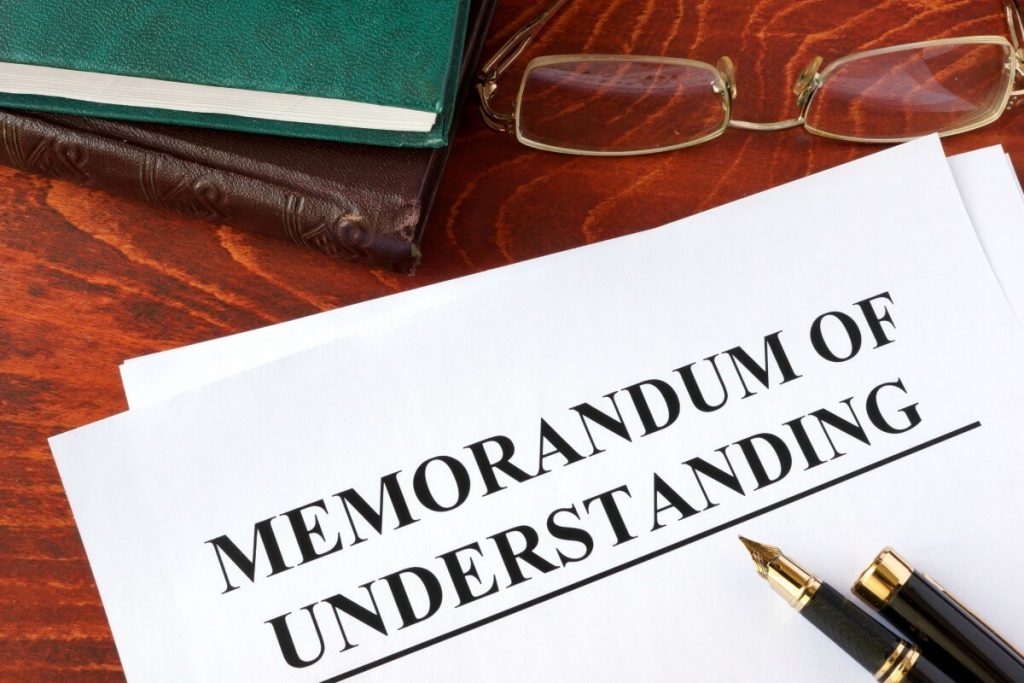AMAZON.COM NV INVESTMENT V. FUTURE COUPONS
Amazon.Com NV Investment Holdings LLC v. Future Coupons Private Limited & Ors, 2021 SCC OnLine Del 1279.
ISSUE:
- What is the legal status of an Emergency Arbitrator (EA), i.e. whether the EA is an arbitrator in terms of the Act and whether the interim order of an EA is an order under Section 17(1) and is enforceable under Section 17(2) of the Act?
- Whether the EA misapplied the Group of Companies doctrine, which arguably applies only to proceedings under Section 8 of the Act?
- Whether the interim order of EA is null and void as it was passed without jurisdiction
RULE:
- Emergency arbitral awards are enforceable under Section 17(2) of the Arbitration and Conciliation Act, 1996 of India (the Act) as an interim order of an arbitral tribunal made under Section 17(1) of the Act.

FACTS:
- Amazon and Future Coupons Private Limited (FCPL) entered into a shareholder agreement in 2019, which contained an arbitration clause.
- In 2020, Future Retail announced a merger with Reliance Retail.
- Amazon filed an emergency arbitration case in Singapore, seeking to prevent Future Retail from going ahead with the merger.
- The emergency arbitrator ruled in favor of Amazon and granted an interim injunction restraining Future Retail from proceeding with the merger.
- Future Retail challenged the emergency arbitral award in the Delhi High Court.
- The Supreme Court of India overturned the Delhi High Court’s order and allowed the emergency arbitral award to be enforced.
HELD:
- The emergency arbitrator had jurisdiction to hear the dispute.
- The emergency arbitral award was valid and enforceable.
- Emergency arbitral awards are enforceable under Section 17(2) of the Arbitration and Conciliation Act, 1996 as an interim order of an arbitral tribunal made under Section 17(1) of the Act.
- In other words, the Supreme Court held that emergency arbitral awards are enforceable in India, even if the arbitration agreement is governed by foreign law.
- The Court also reinforced the principle of party autonomy in arbitration, as it upheld the right of parties to agree to an emergency arbitration procedure.
- The Supreme Court’s decision in this case is a significant development in Indian arbitration law.
- It provides businesses with more certainty and predictability in the enforcement of arbitral awards, and it makes India a more attractive destination for international arbitration.







